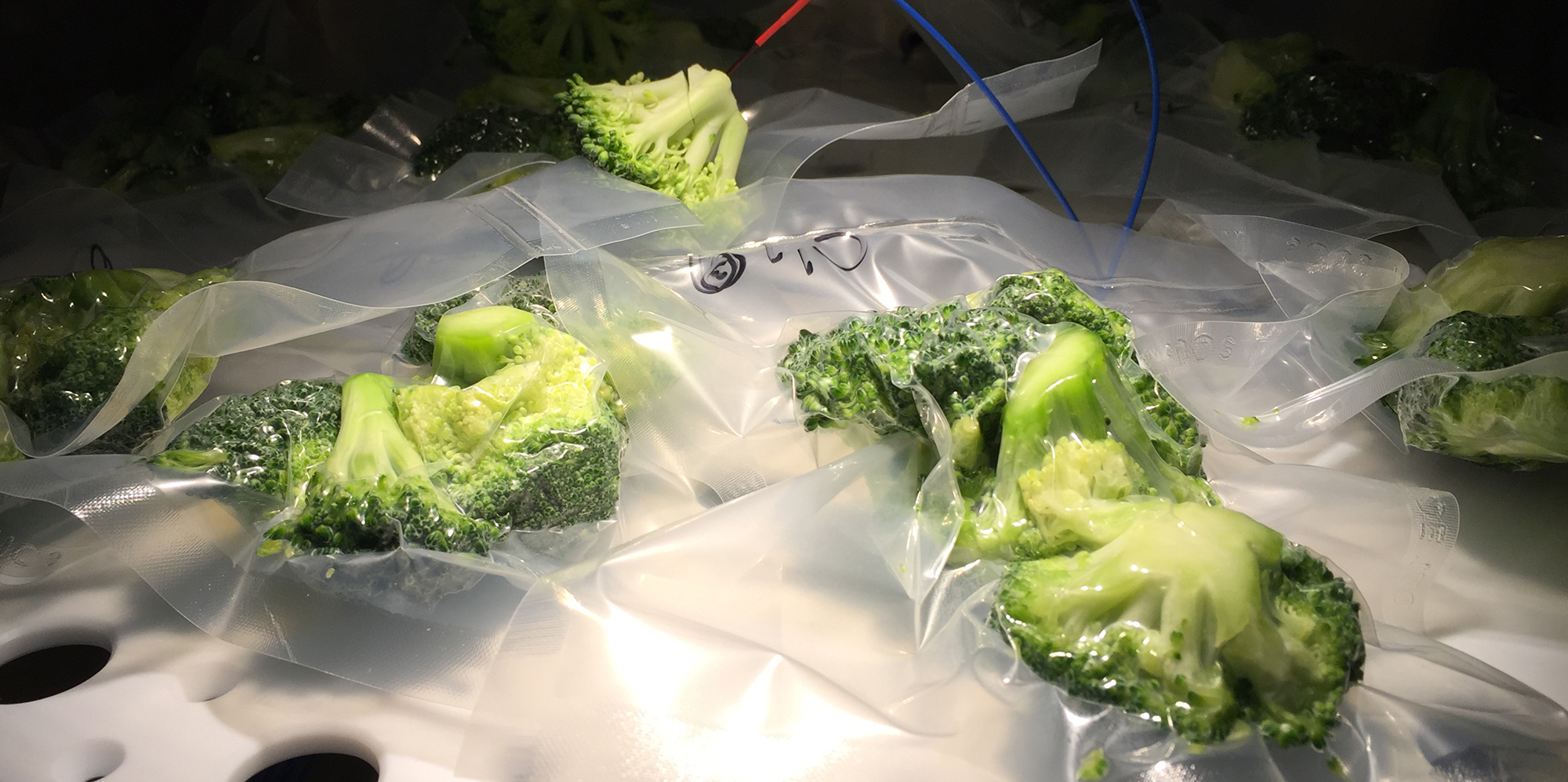About the project

Teaming up with key industry and market players, iNOBox main goal is to integrate in the Norwegian food industry more efficient, profitable and sustainable processing, securing the supply of safe, high-quality and nutritious foods.
With food security set high on the socio-political agenda, innovative food processing technologies can help to meet the demand of sustainable and affordable healthy diets for a growing and aging population.
The Norwegian food industry is challenged by a stringent environmental policy, pressure on food self-sufficiency/security, domestic market competition, new consumption patterns & low R&D expenditure stifling innovation. iNOBox represents a joint multi-actor effort towards more efficient, profitable & sustainable processing, securing the supply of safe, high-quality & nutritious foods.
iNOBox proposes 5 market-driven business solutions with broad transferability that integrate innovative processing technologies (IPT) across relevant agri-food chains. iNOBox will greatly advance cross-disciplinary knowledge base on IPT and pave the way towards market & consumer uptake. Ultimately, iNOBox will develop an innovation e-toolbox to support IPT end-users/manufacturers on scientific, technical & regulatory matters, consumer-centric process innovation opportunities & marketing strategies.
Through whole value-chain interventions, resource-efficient IPT will foster:
- Environmental, economic & social sustainability towards a circular bioeconomy: better self-sufficiency, cost optimisation; 1.5-5% energy saving in the whole sector; 0.1% GHG emission reduction in Norway, 438 MNOK/yr consumer savings (food waste) for each extra day’s shelf-life
- Fast-growing productivity, long-term profitability & competitiveness
- Better employability of a high-skilled workforce in decentralised areas.
- Safer & healthier IPT foods will lead to new market shares & social innovation (allergy, health promotion) and will improve the public health system through reduced prevalence of food allergy/diet-related diseases, food recalls & associated health/social costs, while contributing to food security for a growing/ageing population.
iNOBox will foster international responsible research & innovation, multi-actor & public engagement, science education, open knowledge sharing and gender/ethical integrity, towards better decision-making on sustainable process innovation & enhanced know-how/technology transfer.
Through cross-disciplinary research, iNOBox will greatly advance the current knowledge on innovative technologies, such as cold plasma, pulsed electric fields, ultrasounds, UV-light, high-pressure processing and microwaves.
Safer and healthier foods resulting from innovative processing will improve the public health system through reduced prevalence of food allergy, diet-related diseases, food recalls and associated health/social costs.
Consumers will also benefit from reduced food waste through the extended shelf-life of innovative foods (438 MNOK/yr savings for each extra day of shelf-life). iNOBox outcomes will foster energy savings in the food sector (1.5-5%), reduced gas emissions (0.1% on national level) and high-skilled jobs in decentralised areas.
To ensure the successful implementation of innovative processes, food producers must be aware of their benefits (and how to communicate them to the consumers), their suitability for different products/applications, as well as scientific, technical and regulatory aspects.
iNOBox aims to develop a web-based innovation toolbox to help food industry make informed decisions on process innovation, overcome bottlenecks to market and ensure innovative products reach the consumers. The e-toolbox will be built upon durable projects outputs and external data sources, enabling effective knowledge sharing of iNOBox outcomes.
Led by Nofima, the iNOBox team includes (inter)national research/industry partners and will provide unique training opportunities to young scientists (2 PhDs and 2 Postdocs).

